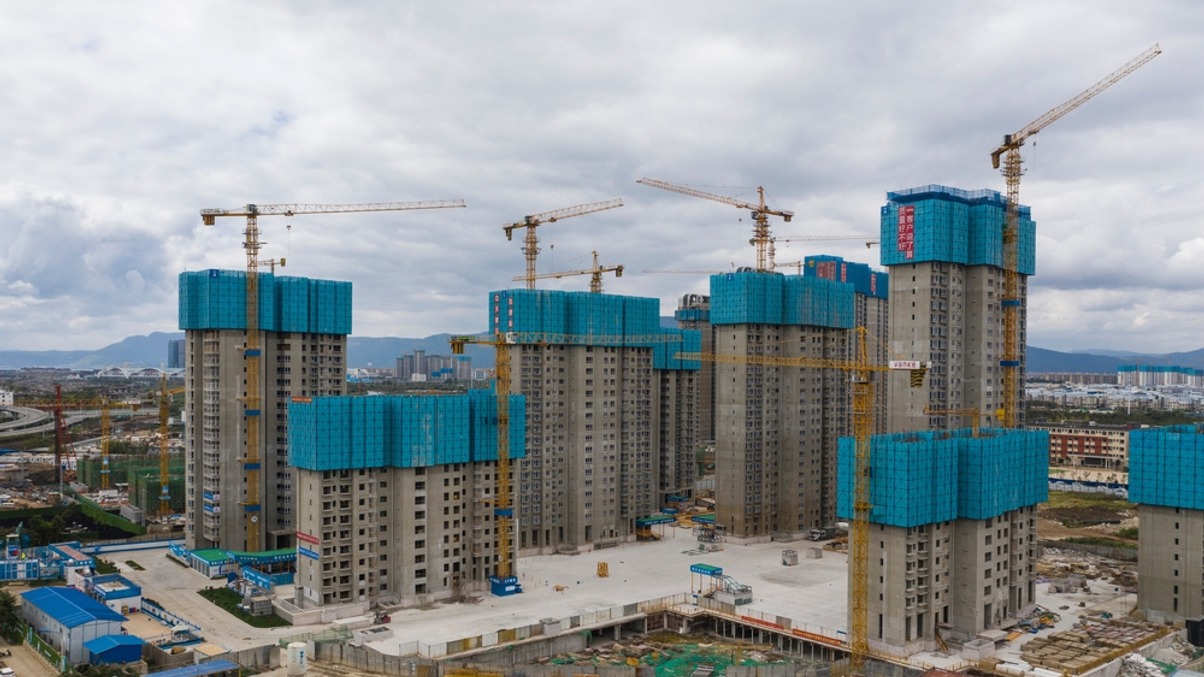Market Views: How will China’s mortgage crisis affect investments?
The boycott of mortgage repayment by Chinese homebuyers has not only impacted the property sector but is also posing a threat to the macroeconomy and social stability of China.

China’s property sector has once again come under the spotlight in July, as many angry Chinese homebuyers stopped their mortgage repayment on presold units that have been either delayed or stalled.
Sign in to read on!
Registered users get 2 free articles in 30 days.
Subscribers have full unlimited access to AsianInvestor
Not signed up? New users get 2 free articles per month, plus a 7-day unlimited free trial.
¬ Haymarket Media Limited. All rights reserved.


